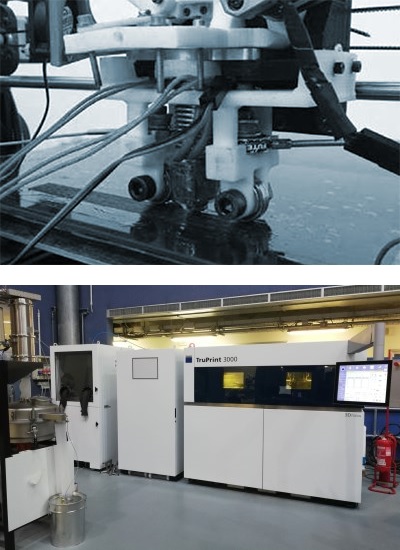
The development of a new generation of running gear is pivotal to the achievement of the ambitious goals set by Shift2Rail for future European trains, encompassing the substantial reduction of Life Cycle Costs, improved reliability and energy efficiency, the reduction of noise emissions and of other externalities and the achievement of full interoperability of the rolling stock. NextGear will implement a coordinated set of research activities to develop Running Gear Innovations and the Wheel Set of the Future.
NextGear officially started on 18 December 2019 with a kick of meeting in Brussels. The project will have a duration of 2 years and a total budget of 2.5 M€. The NextGear partnership consists of key research institutes (KTH, Sweden; University of Huddersfield, UK; University of Leeds, UK; TU Graz, Austria; Swedish National Road and Transport Research Institute; Univeristy of Nottingham, UK; RINA, Italy; Universidad Nebrija, Spain; and Politecnico di Milano), system and component manufacturers (Neat, Italy; Bercella, Italy; Lucchini, Italy, Dellner Dampers, Sweden), and end-users (Metro de Madrid, Spain; Cafer, Romania) with UNIFE European Union of Railway Industries as the coordinator.
To make a step change towards the development of a new generation of running gear, NextGear project will:
- Update the Universal Cost Model (UCM) to make it possible to judge the economic impact of the innovation suggested for an operator using the vehicle,
- Suggest new ideas for the Running Gear Technology Demonstrator that are based both on the use of new applications of materials and new manufacturing methods,
- Design the wheelset of the future by proposing a concept for a hybrid composite-metal wheelset design that achieves lower weight without compromising safety.
The role of @MeccPolimi within the project is threefold: to develop metal additive manufacturing solutions for running gear components, to work on solving fault tolerance issues for mechatronic suspensions and to investigate the use of composite materials for the construction of railway wheelsets. As part of these activities, the @MeccPolimi researchers will assess the use of lighter metal alloys for a more responsive supply chain of spare parts by means of additive manufacturing. The Trumpf TruPrint 3000 system will be employed for producing the demonstrator case. Under the ‘mechatronic suspensions’ topic, the @MeccPolimi researchers will define multi-body and multi-physics models to analyse the performance and running safety of rail vehicles equipped with smart mechatronic suspensions and to identify the configuration of sensors, control and actuation systems that lead to minimal sensitivity of the vehicle to faults in the suspensions. Finally, the longstanding knowledge of @MeccPolimi on the use of high-strength composite materials will be exploited for the design and development of hybrid composite-metal wheelsets for use on trams, light rail vehicles or conventional rolling stock.
With the obtained results, NextGear will have an impact in a number of areas including a reduction in lifecycle costs due to the improved manufacturing methods and an improvement in performance due to the improved properties and reduced mass of components manufactured from novel materials, as well as improved passenger comfort, reduced vehicle and track damage or higher speed or higher safety levels through the implementation of active suspension systems.
The research group is continuing their activities by means of conference calls, showing a European collaborative spirit within the period of CoVid-19 break. For future updates and news on the developed solutions keep following this space.
